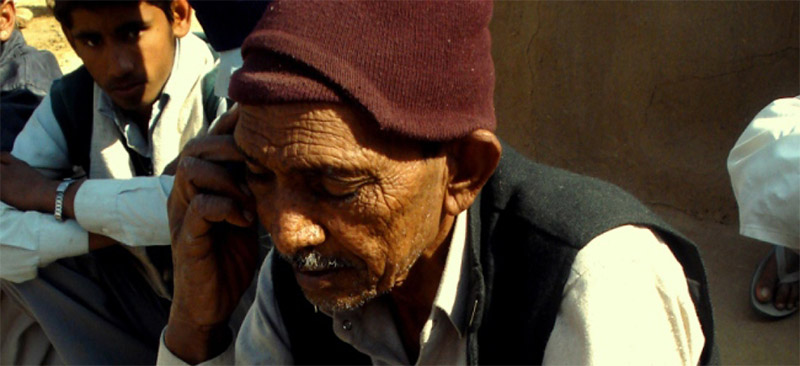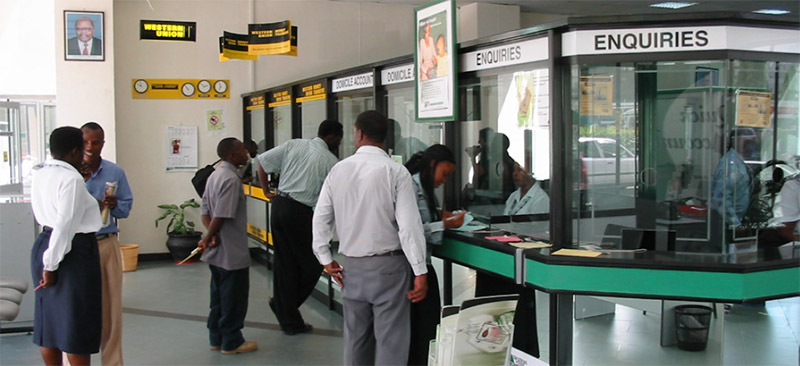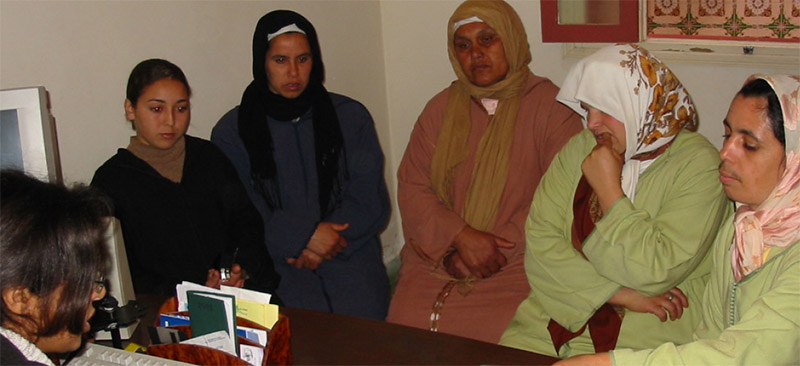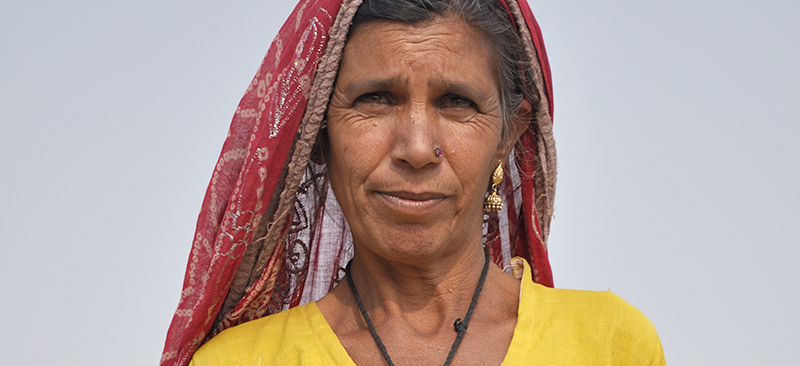The number of people aged over 60 in the developing world is predicted to rise from 375 million in 2000 to 1,500 million in 2050. This note outlines the economic and social challenges which come with old age. It documents some of the common traditional practices adopted as a security measure against these challenges. It outlines the general saving methods, focuses on educating people on why and how to save. Further it discusses the potential market for long-term contractual savings services which provides security in old age.
Blog
Lessons from MicroSave’s Action Research Programme (2004)
Under its Action Research Programme, MicroSave learns and disseminates lessons relating to market-led microfinance. This note documents lessons learned during 2004. It analyses the progress made using MicroSave tools like – process mapping, risk management, customer service, branch based costing, pricing, pilot testing, and institutionalising toolkits. The note also looks at other related aspects like- system usage and capacity, electronic banking and the institutional aspects.
Serving Depositors: Managing Transactions
A key challenge for many financial institutions is to provide high quality services at a low unit cost. This note examines managing branch operations for efficient transactions. Relevant issues addressed in the note include – teller management, managing peak activity levels, banking system and technology, ensuring continuity of services and critical support functions. The note also examines the common process bottlenecks and suggests that through careful analysis and systematic process mapping the bottlenecks can be removed.
Serving Depositors: Branch Infrastructure
A key challenge for financial institutions serving the low-income market is how to optimise branch networks to serve high volumes of depositors – to provide high quality financial services at a low unit cost. This note examines branch infrastructure for serving depositors. Key issues such as importance of branch and its location, delivery strategy adopted for different locations, regulatory environment, operating space, facilitating branch based sales are discussed.
Catalysing Capacity Development: Micro-Finance in India – Training Needs Assessment
With the exponential growth of the microfinance sector in India, there is an increasing realisation of the need to address the aspect of (lack of) sufficient capacity building and assistance in order to manage this growth.This study focuses on the training and capacity building requirements among low income financial services providers in India. It also examines and assesses the potential capacity development institutions, training courses/toolkits and other resources available in India.The study categorises MFIs on the basis of their age and institution type and prioritises the training focus areas accordingly. It recommends the users in careful selection of priority training areas; selecting synergetic training courses; adopting adult learning best practices; developing comprehensive and easy to use training packages; and working with stakeholders to develop a national curriculum for microfinance in India besides regional centres of training.
Catalysing capacity development: Microfinance in India – Training needs assessment
With the exponential growth of the microfinance sector in India, there is increasing realisation of the need to address the aspect of (lack of) sufficient capacity building and assistance in order to manage this growth.This study focuses on the training and capacity building requirements among low income financial services providers in India. It also examines and assesses the potential capacity development institutions, training courses/toolkits and other resources available in India.The study categorises MFIs on the basis of their age and institution type and prioritises the training focus areas accordingly. It recommends the users in careful selection of priority training areas; selecting synergetic training courses; adopting adult learning best practices; developing comprehensive and easy to use training packages; and working with stakeholders to develop a national curriculum for microfinance in India besides regional centres of training.



